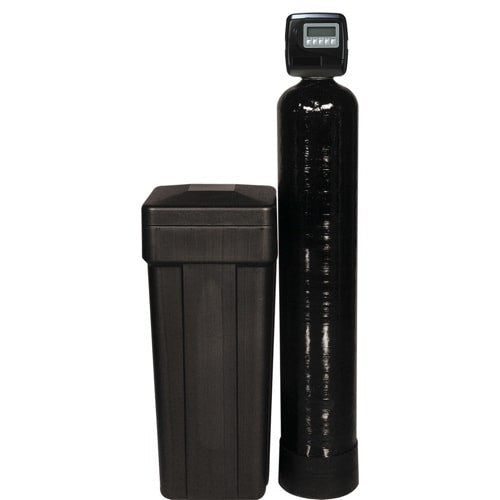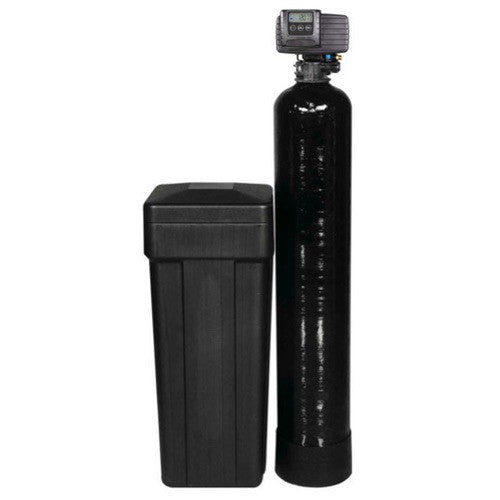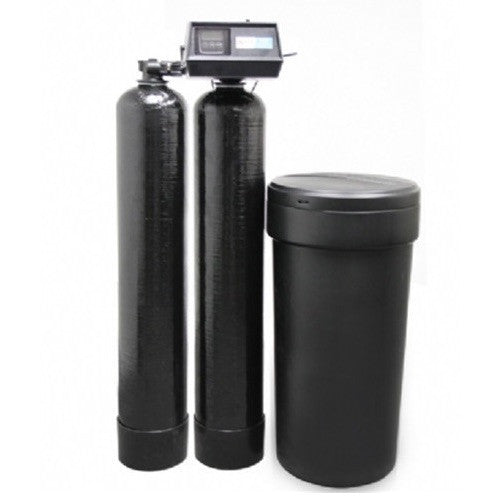Water Softeners
Water softeners from Aquatell are designed and built by experienced water treatment professionals in Canada. We hand-select components to build softeners that simply deliver the best water softener value and we simplify the online water softener purchase by providing unique online tools and support. Whether you're looking to DIY a water softener project, or outsource the installation to a plumber, Aquatell has a water softener that will exceed your expectations while saving you money.










